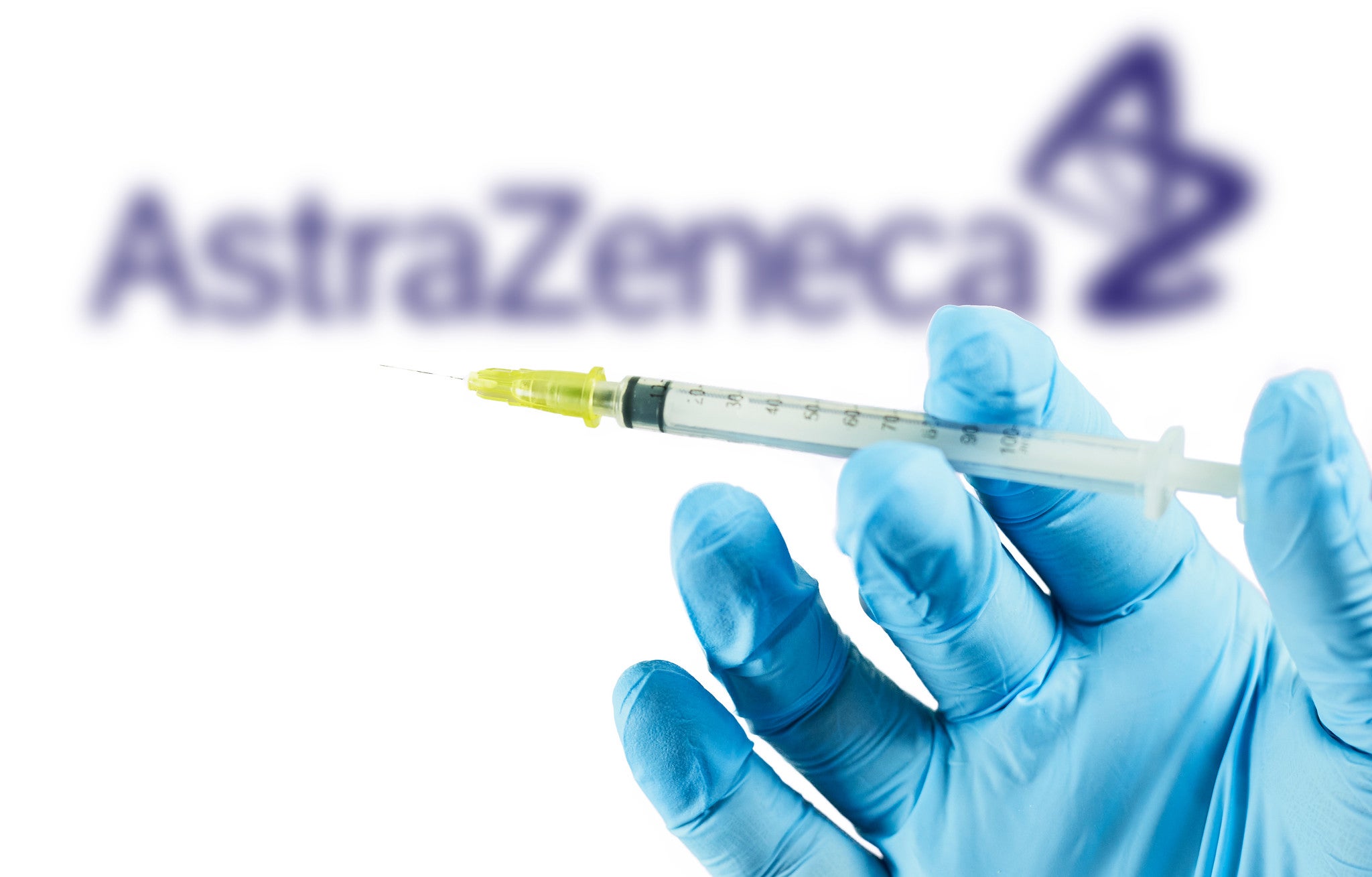
Health authorities in the UK and Europe have concluded that there is a possible link between the AstraZeneca (AZ) Covid-19 vaccine and blood clots, but still advise that people should continue to get vaccinations when asked.
The UK Medicines and Healthcare products Regulatory Agency (MHRA) said on Wednesday that its review of “extremely rare” reports of blood clots in AstraZeneca vaccine recipients found that “evidence of a link with Covid-19 Vaccine AstraZeneca is stronger but more work is still needed”.

Discover B2B Marketing That Performs
Combine business intelligence and editorial excellence to reach engaged professionals across 36 leading media platforms.
In the updated guidance, the MHRA said that up to the end of March it had received 79 UK reports of blood clotting cases, alongside low levels of platelets, following the use of the AZ jab. Of the 79 cases, 19 people had died – 11 were under the age of 50, while three were younger than 30. All blood clot events occurred after a first dose of the vaccine.
The agency emphasised that the overall risk of blood clots in those receiving AstraZeneca’s vaccine is approximately four in one million, and that people should continue to get vaccinated when asked to do so, unless specifically advised otherwise.
MHRA chief executive Dr June Raine said: “No effective medicine or vaccine is without risk. We continually monitor safety during widespread use of any vaccine. This is to ensure vaccines are performing as expected, to identify any new side effects that may arise, and to ensure the benefits continue to outweigh the risks.
“The public’s safety is always at the forefront of our minds and we take every report of a suspected side effect very seriously indeed. We thoroughly analyse each and every report as we receive it and although the number of reports of CVST and other thromboembolic events has increased over the last week, so has the overall number of vaccinations administered, therefore these blood clots remain extremely rare and unlikely to occur.”

US Tariffs are shifting - will you react or anticipate?
Don’t let policy changes catch you off guard. Stay proactive with real-time data and expert analysis.
By GlobalDataWhile the MHRA did not recommend age restrictions for the jab, the UK’s Joint Committee on Vaccination and Immunisation (JCVI) advised that those under 30 should be given an alternative vaccine where possible.
Meanwhile, the European Medicines Agency (EMA) has released a statement concluding that “the reported combination of blood clots and low blood platelets is very rare”, and that the benefits of the jab continue to outweigh the risks.
The EU drugs regulator added that one possible explanation for the combination of blood clots and low blood platelets could be an immune response similar to reactions sometimes seen in patients treated with heparin. The EMA’s safety committee has requested new studies and amendments to ongoing ones to provide more information.
Responding to the MHRA and EMA’s assessments of the vaccine, AstraZeneca said: “Updates to the UK and EU labels for the vaccine have been requested by the regulators. Neither agency identified any risk factors, such as age or gender, or a definite cause for these extremely rare events. However, they came to the view that these events have a possible link to the vaccine and requested they be listed as an extremely rare potential side effect.
“Overall, both of these reviews reaffirmed the vaccine offers a high-level of protection against all severities of Covid-19 and that these benefits continue to far outweigh the risks.”
The company added that the World Health Organisation (WHO) said a causal relationship between the jab and blood clots is considered plausible but not confirmed, and that further studies are necessary to understand the possible risk factors.
The WHO also stated that blood clot events are extremely rare among the almost 200 million people who have received the AstraZeneca vaccine worldwide.




